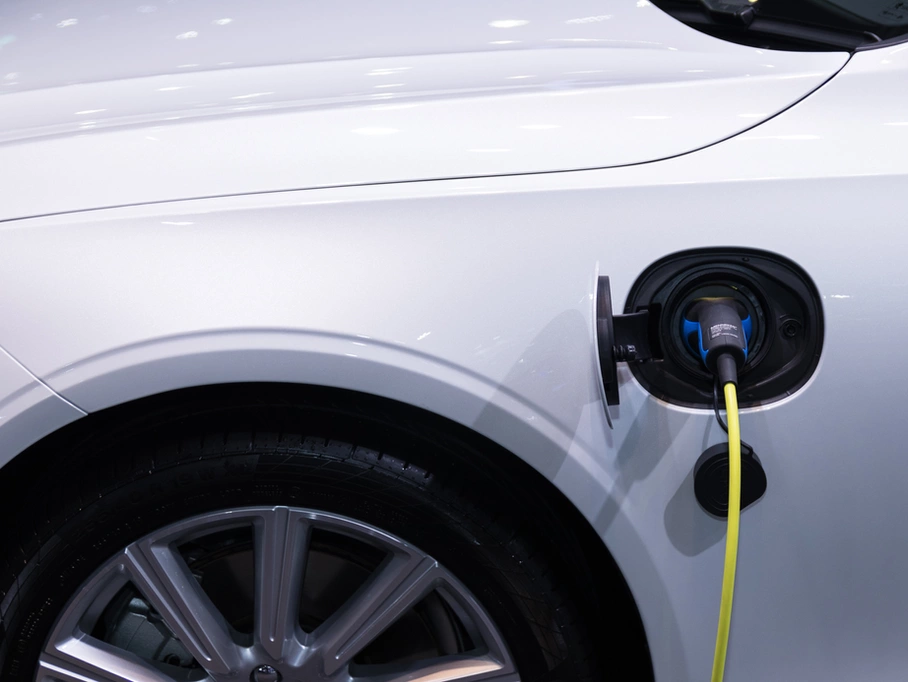The benefits of electric vehicle adoption are widely discussed in the media; except for one glaring omission. Skibo Energy estimates that the average EV driven 20,000 miles a year will save other consumers, anyone using gasoline, around $100,000 in lower gasoline costs. In other words, for every EV purchased and, on the road, global oil consuming customers in the aggregate realize $100,000 in benefits. That is not even considering all the additional benefits to humanity from improved air quality and reduced climate impact. This best kept secret is why Skibo Energy is advocating for the formation and empowerment of a business entity with a project manager leader to understand and manage a Rapid Substitution process which will redirect these benefits to accelerate EV adoption and climate change mitigation projects.
Skibo Energy’s claim seems absurd on its face. How can electric vehicle owners subsidize the use of oil around the world? We can understand this claim by better understanding the oil market’s characteristics. A relatively small drop in demand collapses the price oil for an extended period. This is because oil supply is inelastic; curtailing or completely shutting down oil rigs already in production is a costly and lengthy process. We recently experienced an extreme example at the start of the COVID-19 pandemic, with spot prices reaching negative prices briefly in April 2020. On the opposite end, when consumption increases quickly the supply is still inelastic (i.e., drilling new wells takes time and there are limited swing producers). This leads to extreme price spikes and massive profits booked by the oil companies.
Considering this delayed reaction by oil producers, the drop in price must be sustained so that further investment in oil infrastructure does not appear sensible or profitable. Skibo Energy’s Rapid Substitution model proposes to use national and global project management entities, similar to World War II production efforts, to utilize this dramatic price change to our collective benefit by keeping oil in the ground and reducing oil prices for consumers still using oil.
According to Skibo Energy’s calculations, removing approximately 80 million ICE vehicles driving 20,000 miles/year would drop oil consumption by 3-5%. This is the amount needed to cause the oil price crash. The quickest way to achieve Rapid Substitution is intuitive, target the highest mileage vehicles first. Pushing Uber, Lyft and other rideshare drivers to EVs would have a dramatic effect, as those vehicles are driven up to 5-times more than a standard passenger vehicle. Large fleets like Amazon and Walmart can be pushed further to use their capital to accelerate this trend and influence the broader medium and heavy-duty vehicle market with their purchasing power. Alternative transportation should also be considered. An electric bike can replace many short car trips. Encouraging public transportation while also transitioning to EV fleets is a two-pronged approach towards reducing fuel consumption.
The revolution in electric vehicles is coming. All major automakers have committed to aggressive electrification targets in the next 10 years, and Tesla’s speed of improvement has matched Wright’s Law so far. Skibo Energy’s Rapid Substitution model is a massive opportunity to realize the additional positive critical benefits that aren’t being actively discussed. Rapid Substitution to electric vehicle usage will bring, consumer savings and a healthier environment, and use it to further fight against climate change, rather than propping up a dying industry.



